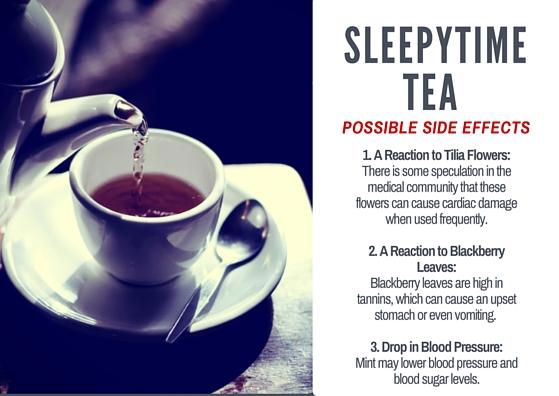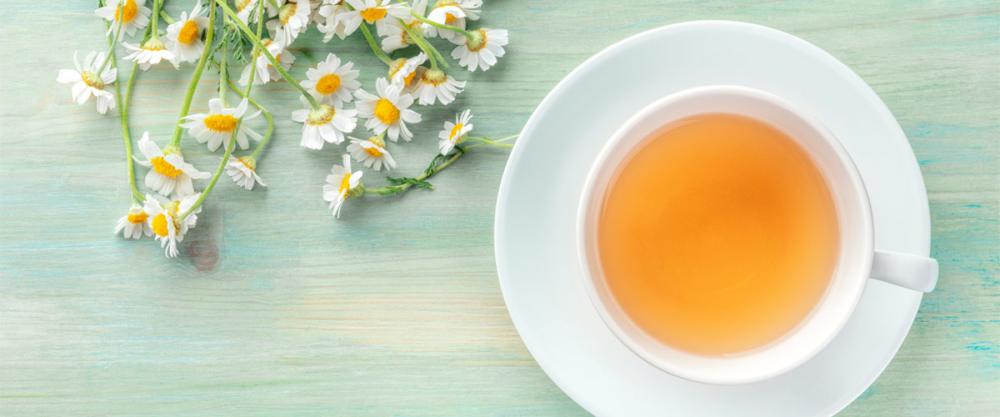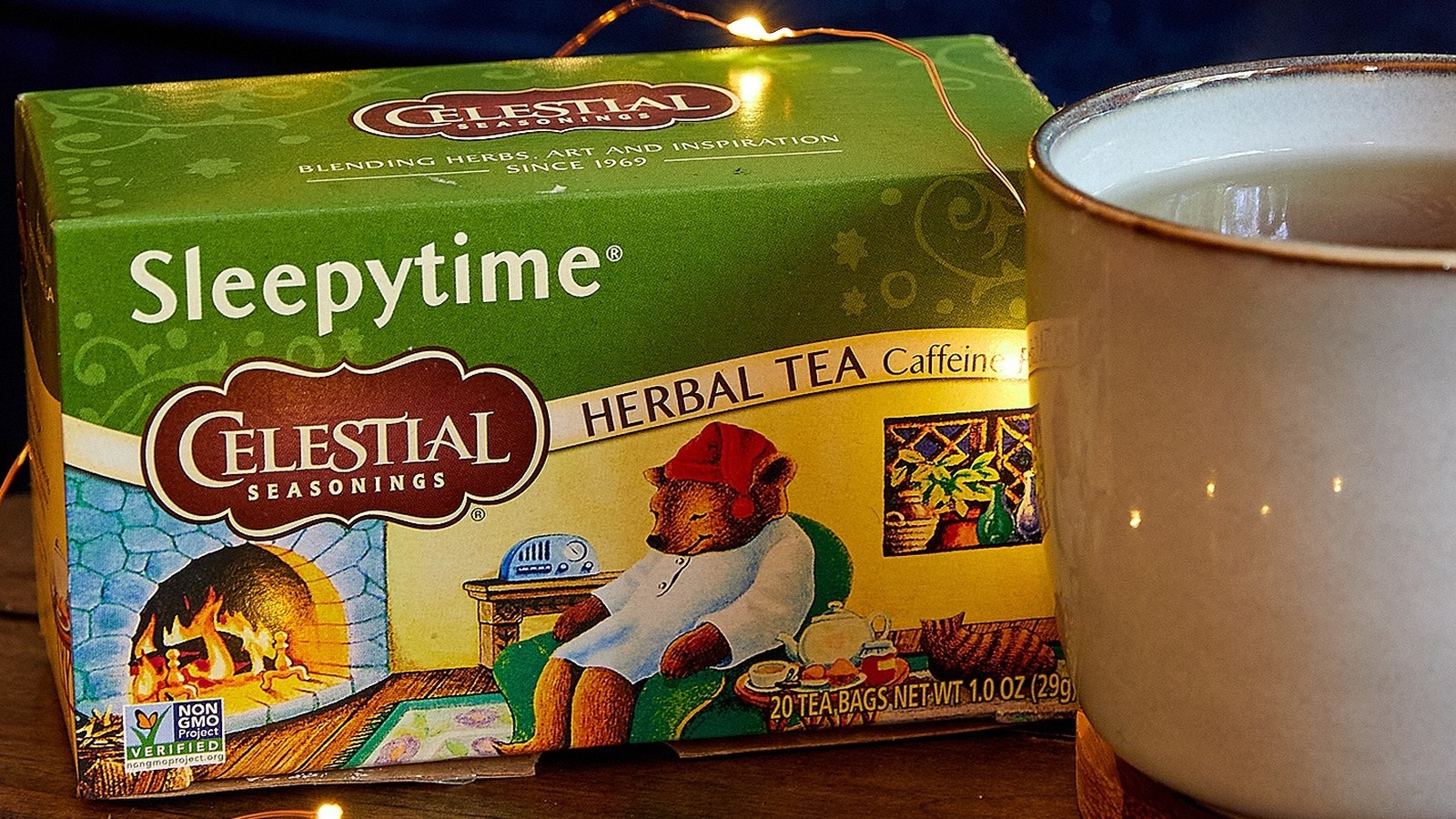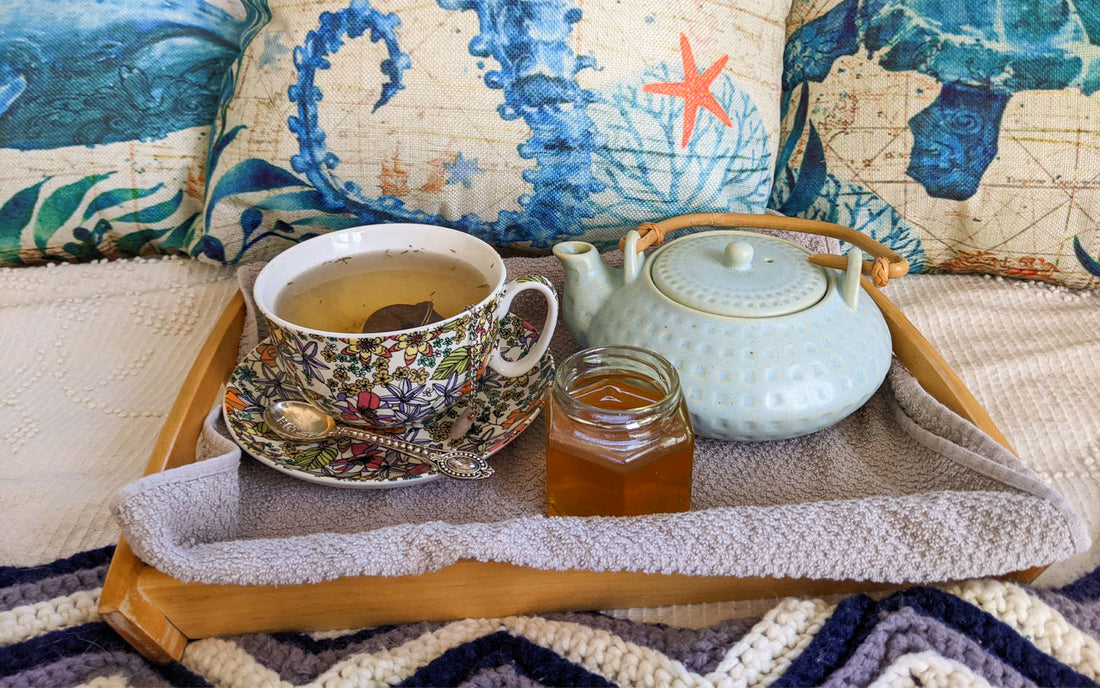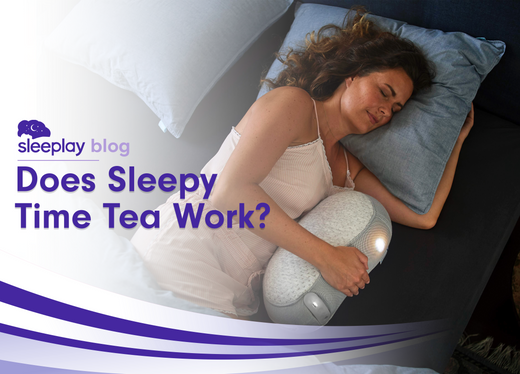Does Sleepy Time Tea Really Work
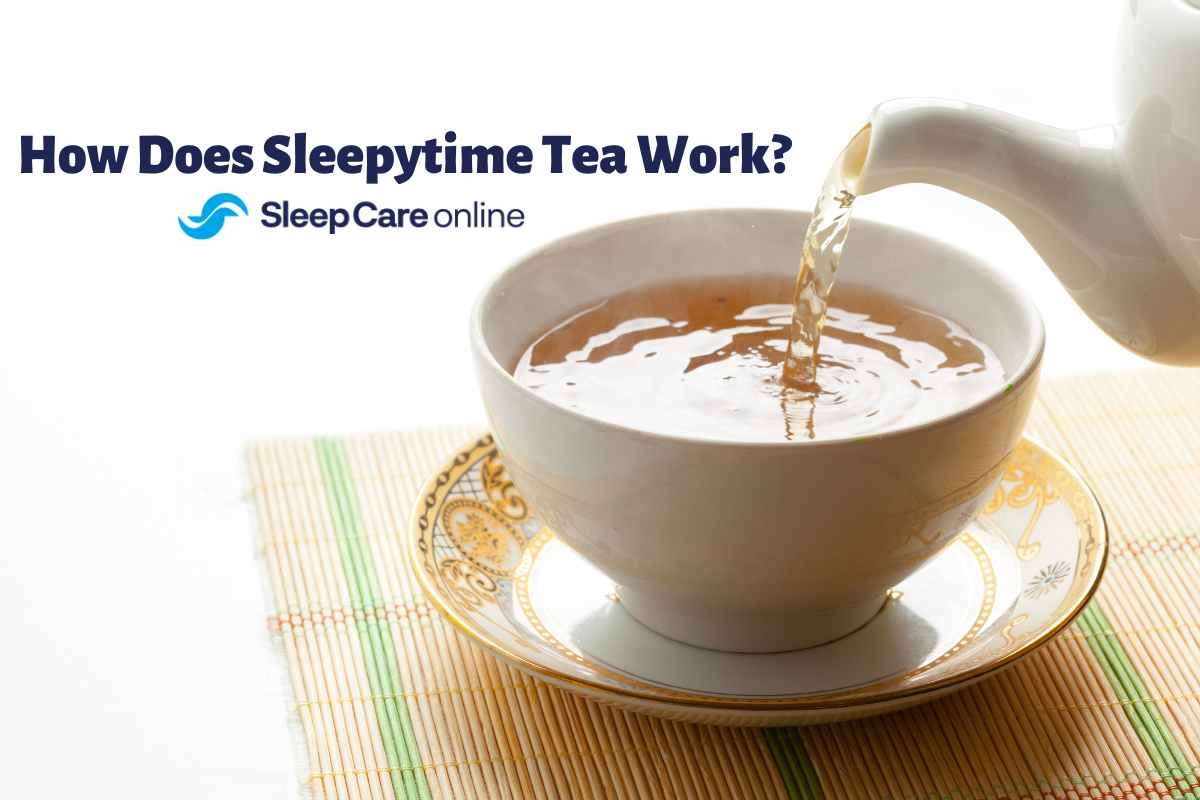
A growing number of Americans are turning to "sleepy time" teas for a natural sleep aid, but do these herbal infusions actually deliver on their promise of a restful night? The scientific evidence is mixed, leaving many consumers wondering if they're experiencing genuine effects or merely the placebo effect.
This article examines the active ingredients in popular sleep teas, analyzes the available research on their efficacy, and explores the potential benefits and drawbacks of using them as a sleep remedy.
The Key Ingredients: What's in Your Cup?
Most sleepy time teas contain a blend of herbs traditionally used for their calming properties. Common ingredients include chamomile, lavender, valerian root, and lemon balm.
Chamomile, perhaps the most well-known, contains apigenin, an antioxidant that may bind to certain receptors in the brain that promote sleepiness and reduce anxiety.
Lavender is often included for its aroma therapeutic benefits, believed to ease anxiety and improve sleep quality.
Valerian root has a long history of use as a natural sleep aid, though its mechanism of action is not fully understood.
Lemon balm is thought to have calming effects and may help to reduce stress and anxiety that can interfere with sleep.
What Does the Science Say?
Research on the efficacy of sleepy time teas is limited and often yields mixed results. Some studies suggest potential benefits, while others find no significant difference compared to placebo.
A 2017 study published in the Journal of Evidence-Based Integrative Medicine found that chamomile improved sleep quality in older adults. Participants consumed 400mg of chamomile extract daily for 28 days.
However, the same study stated chamomile only improved sleep quality in older adults, further studies are needed to ascertain its efficiency for younger people.
Another study, featured in the journal Phytomedicine, found that valerian root improved sleep quality in some individuals with insomnia.
On the other hand, a meta-analysis published in the Cochrane Database of Systematic Reviews concluded that the evidence for valerian root's effectiveness in treating insomnia is inconclusive.
Why the conflicting results? Several factors contribute to the uncertainty.
Study designs vary widely, with different dosages, formulations, and participant populations. Furthermore, sleep is a complex phenomenon influenced by numerous factors, making it difficult to isolate the effects of a single herbal tea.
Potential Benefits and Risks
While the scientific evidence may be inconclusive, many people report experiencing benefits from drinking sleepy time tea, including a sense of calm and relaxation, making it easier to fall asleep.
The warmth of the tea itself can also be soothing and promote relaxation, which aids in sleep. Some attribute it simply to *placebo effect*, believing it to be the main cause of sleepiness.
However, it's important to be aware of potential risks. Some herbs can interact with medications. For example, valerian root may enhance the effects of sedatives and antidepressants.
Additionally, some people may experience allergic reactions to certain herbs, such as chamomile.
It's always best to consult with a healthcare professional before using sleepy time tea, especially if you have any underlying health conditions or are taking medications.
Who is Using Sleepy Time Teas?
The market for sleep aids, including herbal teas, is booming. Individuals seeking natural alternatives to prescription sleep medications are increasingly turning to these products.
"We've seen a significant increase in demand for our sleep tea blends," says Sarah Miller, a spokesperson for a leading herbal tea company. "People are looking for gentle, non-habit-forming ways to improve their sleep."
The accessibility and affordability of these teas also contribute to their popularity.
Where Can You Find Sleepy Time Teas?
Sleepy time teas are widely available in grocery stores, pharmacies, and online retailers.
Major brands, as well as smaller, independent tea companies, offer a variety of sleep-promoting blends.
When is the Best Time to Drink Sleepy Time Tea?
For best results, drink sleepy time tea about 30-60 minutes before bedtime. This allows time for the herbs to take effect and for the body to relax.
It's also important to create a relaxing bedtime routine to complement the effects of the tea.
How Should You Prepare Sleepy Time Tea?
Follow the instructions on the tea package for proper brewing. Typically, this involves steeping the tea bag in hot water for 5-10 minutes.
Avoid adding caffeine or sugar, as these can interfere with sleep.
The Verdict: Does Sleepy Time Tea Really Work?
The efficacy of sleepy time tea remains a subject of debate. While some studies suggest potential benefits, the evidence is not conclusive.
Individual responses vary, and what works for one person may not work for another. Factors like dosage, formulation, and individual sensitivity can all play a role.
Ultimately, whether or not sleepy time tea works for you is a matter of personal experience.
Next Steps and Ongoing Developments
More rigorous research is needed to fully understand the effects of sleepy time teas on sleep quality. Future studies should focus on larger sample sizes, standardized dosages, and objective measures of sleep.
In the meantime, consumers should approach these products with realistic expectations and consult with a healthcare professional if they have any concerns.
Ongoing research into herbal remedies and their effects on sleep continues, offering hope for more effective and natural sleep solutions in the future.



